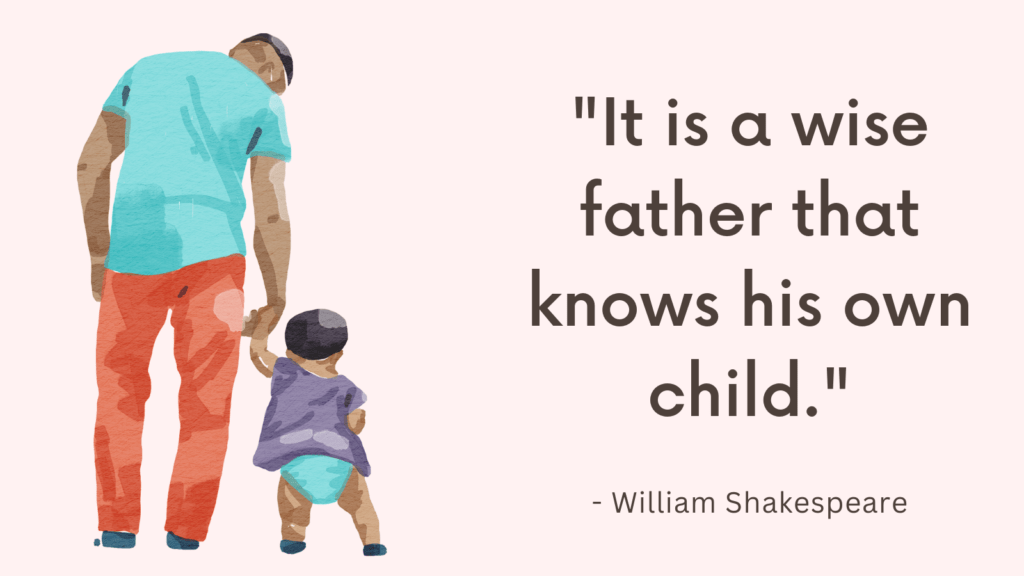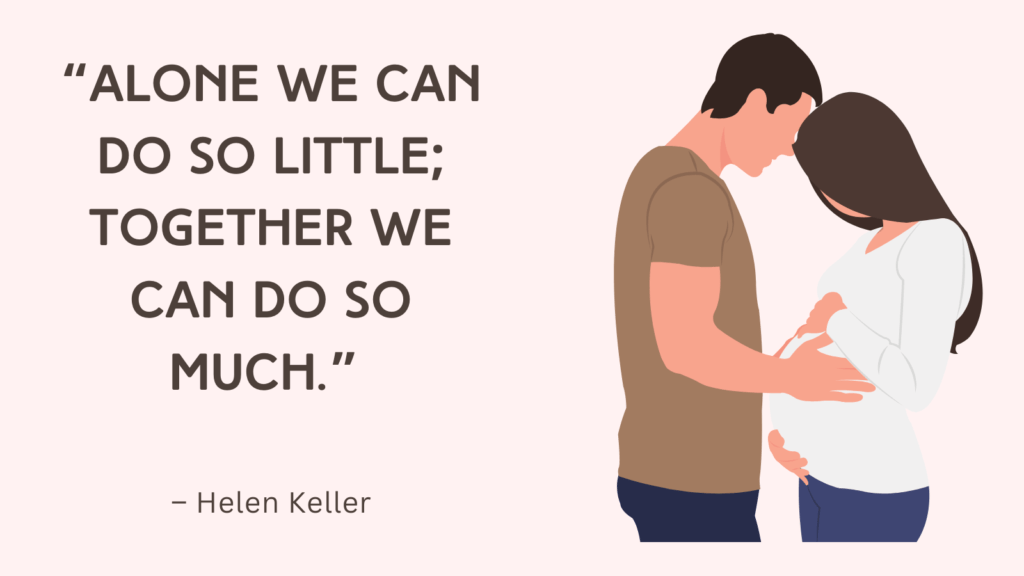In this post, you’ll learn all about fatherhood blues and how to cope with them.
What Are Fatherhood Blues
Fatherhood blues or paternal postpartum depression are feelings of sadness, anxiety, and loss of enjoyment experienced by some new fathers after the birth of their child.
It is estimated that at least 17.5% of all new fathers experience some level of depression, anxiety, or other mental health challenges during the first year of their child’s life. (source)
The causes of fatherhood blues can be many and varied, including hormonal changes, lack of sleep, stress, financial worries, isolation, relationship strain, and increased responsibility.
Symptoms of Fatherhood Blues
Common symptoms of Fatherhood Blues include:
1. Feeling overwhelmed and stressed
2. Feeling irritable or angry without an obvious cause
3. Difficulty sleeping or increased sleep
4. Loss of interest in things you used to enjoy
5. Anxiety and worry about the well-being of your baby and family
6. Changes in appetite or weight
7. Decreased sex drive
8. Feeling guilty, ashamed or worthless
9. Loss of energy and fatigue
10. Thoughts of hurting yourself or your family.
It is important to remember that Fathers can also experience postpartum depression and seek help from a healthcare professional if experiencing any of these symptoms.
Related: Best 10 Pregnancy Books For Dads
Causes of Fatherhood Blues
Fatherhood blues can be caused by a variety of factors, including:
1. Lack of sleep: New fathers may experience sleep deprivation due to the demands of caring for a newborn.
2. Financial concerns: The additional expenses associated with having a child can cause stress and anxiety.
3. Relationship stress: The arrival of a new baby can put strain on a relationship, especially if the couple is adjusting to their new roles as parents.
4. Loss of freedom: Fathers may feel like they have lost some of their independence and freedom when they become responsible for a child.
5. Feeling unprepared: Fathers may feel overwhelmed and unprepared for the responsibilities of fatherhood.
6. Postpartum depression: Fathers can also experience postpartum depression, which can be triggered by hormonal changes, lack of sleep, and stress. (source)
7. Social isolation: Fathers may feel isolated and disconnected from friends and social circles due to the demands of caring for a child.
Related: What Husbands Should Not Do During Pregnancy (5 Things to Avoid & What To Do Instead)
Coping Mechanisms for Fatherhood Blues
Coping with fatherhood blues can be challenging, but there are several effective strategies that can help you overcome it.
Here are some coping mechanisms that you can try:
1. Acknowledge your feelings: It’s important to recognize and acknowledge your feelings of depression, anxiety, or stress. Talking to your partner, family, or a therapist about your emotions can help you cope with these feelings.
2. Connect with other fathers: Joining a support group for new fathers can provide you with an opportunity to share your thoughts and feelings with others who are going through the same thing.
3. Get enough sleep: Getting adequate sleep is crucial for your mental health. Make sure you’re getting enough restful sleep by practicing good sleep hygiene.
4. Exercise regularly: Regular exercise can help reduce symptoms of depression and anxiety. Find an activity that you enjoy, such as walking, running, or cycling, and make time for it each day.
5. Take time for self-care: Make time for activities that you enjoy, such as hobbies, reading, or spending time in nature. These activities can help you relax and rejuvenate.
6. Seek professional help: If your symptoms persist, don’t hesitate to seek professional help from a therapist or counselor. They can help you develop coping strategies and provide support as you navigate this challenging time.
Remember that you are not alone in experiencing fatherhood blues, and it’s important to prioritize your mental health to better support yourself and your family.
Related: Dad Hospital Bag: What To Pack In Hospital Bag For Dad?
Helping a Partner Experiencing Fatherhood Blues
If your partner is experiencing fatherhood blues, there are several things you can do to support him:
1. Listen: Take time to listen to your partner and his concerns. Encourage him to open up about his thoughts and feelings and let him know that you are there to support him.
2. Show Appreciation: Acknowledge your partner’s efforts in taking care of your child. Even small gestures like thanking him for changing a diaper or feeding the baby can go a long way in helping him feel valued.
3. Encourage Time for Self-Care: Fatherhood can be exhausting, so it’s essential that your partner takes time to care for himself. Encourage him to take breaks when necessary and to engage in activities that he enjoys.
Conclusion
Fatherhood Blues is a common experience among new fathers and can be described as a feeling of sadness or anxiety that may occur in the weeks or months following the birth of a child.
It is typically caused by stress and adjusting to the new responsibilities of fatherhood. The symptoms of Fatherhood Blues tend to be mild and go away on their own.
If you’re experiencing Fatherhood Blues you may benefit from talking to other fathers who have experienced the same feelings, seeking support from family and friends, and self-care practices such as exercise, healthy eating, and getting enough rest.




